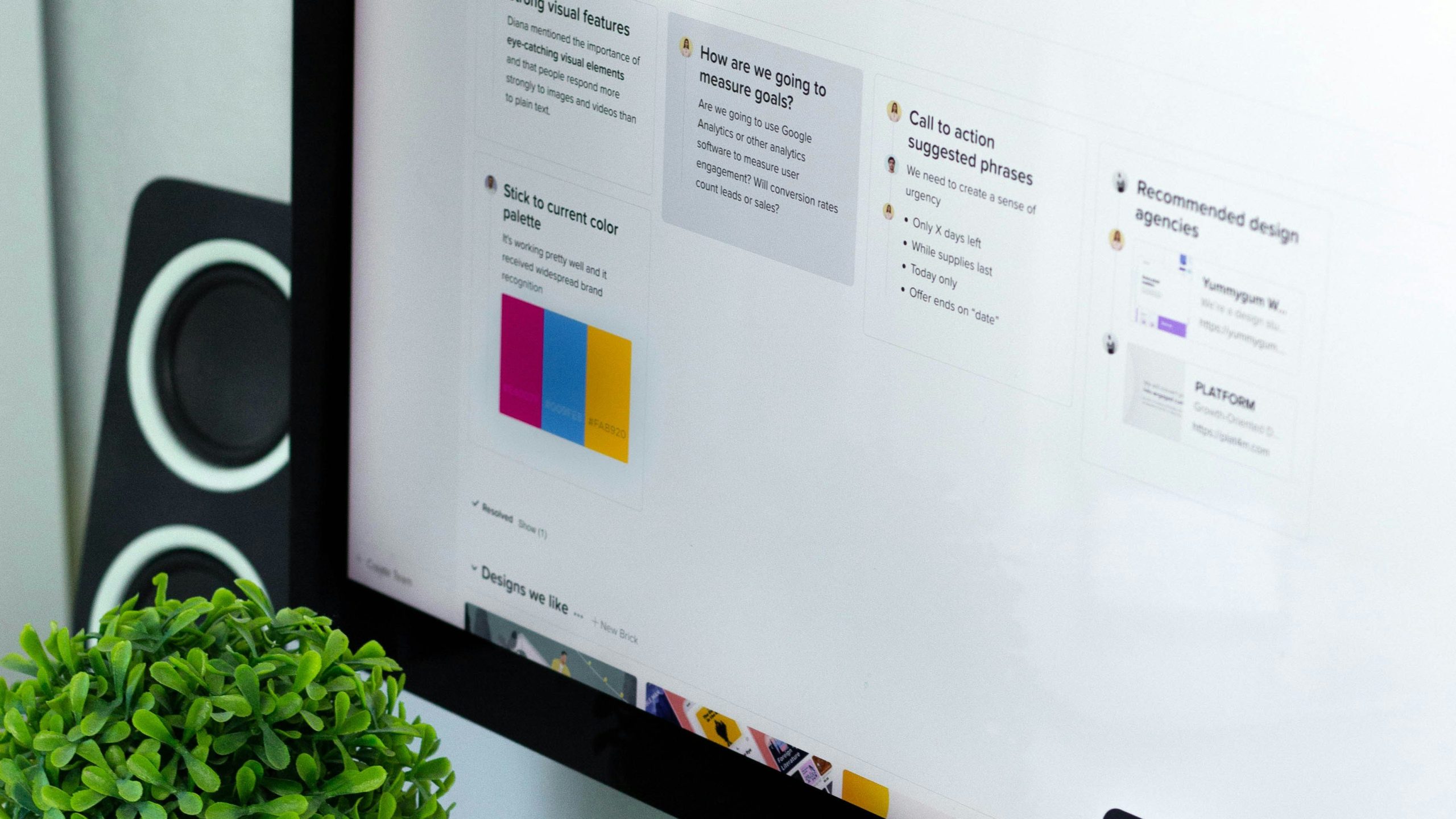During my younger years, I would honestly admit that I struggled as a student. Outside the classroom, I rarely picked up a book to study and often lacked the motivation. My attention would easily wander, whether I was distracted by the allure of watching TV, hanging out with friends, or simply daydreaming about far-off adventures. Education felt like a chore rather than an exciting opportunity, so I missed out on much of what could have enriched my learning experience.

Self-study presents a powerful opportunity to acquire new skills and expand your knowledge, whether for academic pursuits or personal growth. This approach allows learners to tailor their education to their interests and pace. However, to successfully navigate this independent learning journey, one must demonstrate strong discipline, maintain a high level of motivation, and employ effective strategies that enhance understanding and retention of the material.
According to me, here are 12 good habits to develop while self-studying:
(1) Define Your Goals with Precision and Clarity
Setting clear and specific goals is essential for effective self-study. Define what you aim to achieve in each study session, whether it involves mastering a particular topic, completing a set of exercises, or preparing for an exam. Break down your goals into manageable tasks and establish deadlines to help keep yourself on track.
(2) Establish a Study Schedule

Creating a well-organized study schedule allows you to manage your time effectively and ensures that you cover all necessary material. Set aside specific time slots for studying each subject, and adhere to your schedule as closely as possible. Consistency is essential for developing a solid study routine.
(3) Choose a Suitable Study Environment
Your study environment significantly influences your ability to concentrate and retain information. Choose a quiet, comfortable space with minimal distractions. Ensure your study area is well-lit and organised, with all the necessary materials easily accessible.
(4) Use Active Learning Techniques

Active learning is an academic approach that emphasises engaging with educational material to facilitate deeper understanding and improved retention of information. This approach encourages learners to actively participate in their education rather than passively receiving information. Here are some effective techniques for active learning:
- Summarising: After studying a topic, take the time to write a summary in your own words. This could involve distilling key concepts, main ideas, and essential details into a concise format. By articulating your understanding, you reinforce your learning and make it easier to recall the material later.
- Questioning: Develop a habit of asking questions about the material you are learning. This could include inquiries such as “What are the main arguments?” or “How does this concept relate to what I already know?” Attempt to answer these questions yourself. This process helps to clarify your understanding and identify areas where you may need further study.
- Teaching: One of the most effective methods of reinforcing knowledge is to teach what you’ve learned to someone else. You can explain the concepts to a study partner, a friend, or even an imaginary class. Teaching forces you to organise your thoughts, address potential gaps in your understanding, and convey information clearly.
- Practice Problems: Engage with the material by solving relevant practice problems or exercises. This technique is especially useful in subjects like mathematics and sciences, where applying concepts to practical scenarios enhances comprehension. Regularly working through problems helps solidify your understanding and improve your ability to apply knowledge in various contexts.
By incorporating these active learning techniques into your study routine, you can enhance your grasp of the material and promote better long-term retention of information.
(5) Take Regular Breaks

Studying for extended periods without breaks can result in burnout and reduced productivity. To prevent this, consider studying for 25 to 30 minutes, then taking a 5-minute break. After completing four study sessions, take a longer break of 15 to 30 minutes. This practice helps to maintain your focus and energy levels.
(6) Stay Organised
To enhance your study experience, create a well-organized system for your study materials, notes, and resources. Consider using colourful folders, sturdy binders, or efficient digital tools to categorise and store your items neatly. A decluttered study space combined with thoughtfully arranged materials will make it easier to find what you need at a moment’s notice and significantly reduce stress. When everything is in its place, you can focus better and engage more fully with your studies.
(7) Stay Healthy

Your overall physical and mental health is crucial to your ability to study effectively. To optimise your academic performance, prioritise getting enough restorative sleep each night, as this helps sharpen your focus and retention of information. Fuel your body with balanced and nutritious meals rich in vitamins and minerals to sustain energy throughout your study sessions. Incorporate regular physical activity into your routine, as exercise boosts your mood and enhances cognitive function. Additionally, consider practising mindfulness or meditation; these techniques can be incredibly beneficial in managing stress and fostering a positive and resilient mindset as you navigate your studies.
(8) Use a Variety of Resources
Avoid relying exclusively on a single type of learning resource. Instead, engage with diverse materials, such as comprehensive textbooks, interactive online courses, informative videos, and insightful podcasts. This multifaceted approach will provide you with a richer understanding of the subject. Each resource presents unique perspectives and explanations, which can illuminate complex concepts and make them easier to comprehend. Exploring different formats will enhance your ability to absorb and integrate the information effectively.
(9) Review and Revise Regularly
Consistent review and revision are vital to deeply embedding the knowledge you’ve acquired and uncovering any areas where your understanding may be lacking. Dedicate a specific time each week to thoroughly examine your notes and revisit past subjects. Engaging with the material in this way strengthens your grasp of the concepts and enhances your ability to retain information over the long term. Regularly engaging with your studies will pave the way for a more comprehensive and lasting understanding of the subject matter.
(10) Feedback and Support

Don’t hesitate to seek feedback and support from those around you. Consider joining study groups where you can collaborate with fellow students, share ideas, and tackle challenging concepts together. Engaging in online forums allows you to connect with a broader community, ask questions, and exchange knowledge. Also, don’t hesitate to approach your teachers or peers for assistance when encountering difficulties. Having discussions with others can offer fresh perspectives and help clarify any uncertainties you may have, leading to a deeper understanding of the material.
(11) Stay Motivated
Maintaining motivation during solo study sessions can be quite a challenge. To make it easier, break your work into small, manageable milestones and treat yourself when you accomplish them, whether enjoying a favourite snack or taking a short break. Keep your long-term goals at the forefront of your mind, and reflect on the aspirations that drive your educational journey. Surround yourself with positive influences, such as friends or family who encourage you, and seek inspiration from uplifting success stories or powerful motivational quotes that resonate with you. These strategies can help create a supportive and encouraging study environment, making it easier to stay focused and motivated.
(12) Limit Distractions

To improve your concentration during study sessions, it’s essential to minimise distractions. Begin by silencing notifications on your devices, ensuring your phone, tablet, and computer won’t interrupt your focus with beeps or alerts. Consider using specialised applications that block access to distracting websites, such as social media or entertainment platforms, keeping your attention on your studies. Additionally, communicate with those around you—let friends, family, or housemates know that you are in a study period so they can help by keeping noise to a minimum and avoiding unnecessary interruptions. By creating a distraction-free environment, you can transform your study sessions into highly productive and effective periods of learning.
Hopefully, incorporating these habits into your self-study routine can make a difference in how you learn and help you reach your goals more easily. Self-study is an exciting journey that takes time and patience, so be kind to yourself along the way! It’s all about staying persistent and being open to trying new things. Enjoy the process, and happy studying!

If you want to do an online degree programme, explore several specialised master’s/bachelor’s/PhD degree programmes that Robert Kennedy College offers through exclusive partnerships with top British universities. You could also chat live with our team of Education Advisers on WhatsApp, who can have a look at your profile and give you some advice.
If you have already made up your mind, click here to apply.








































